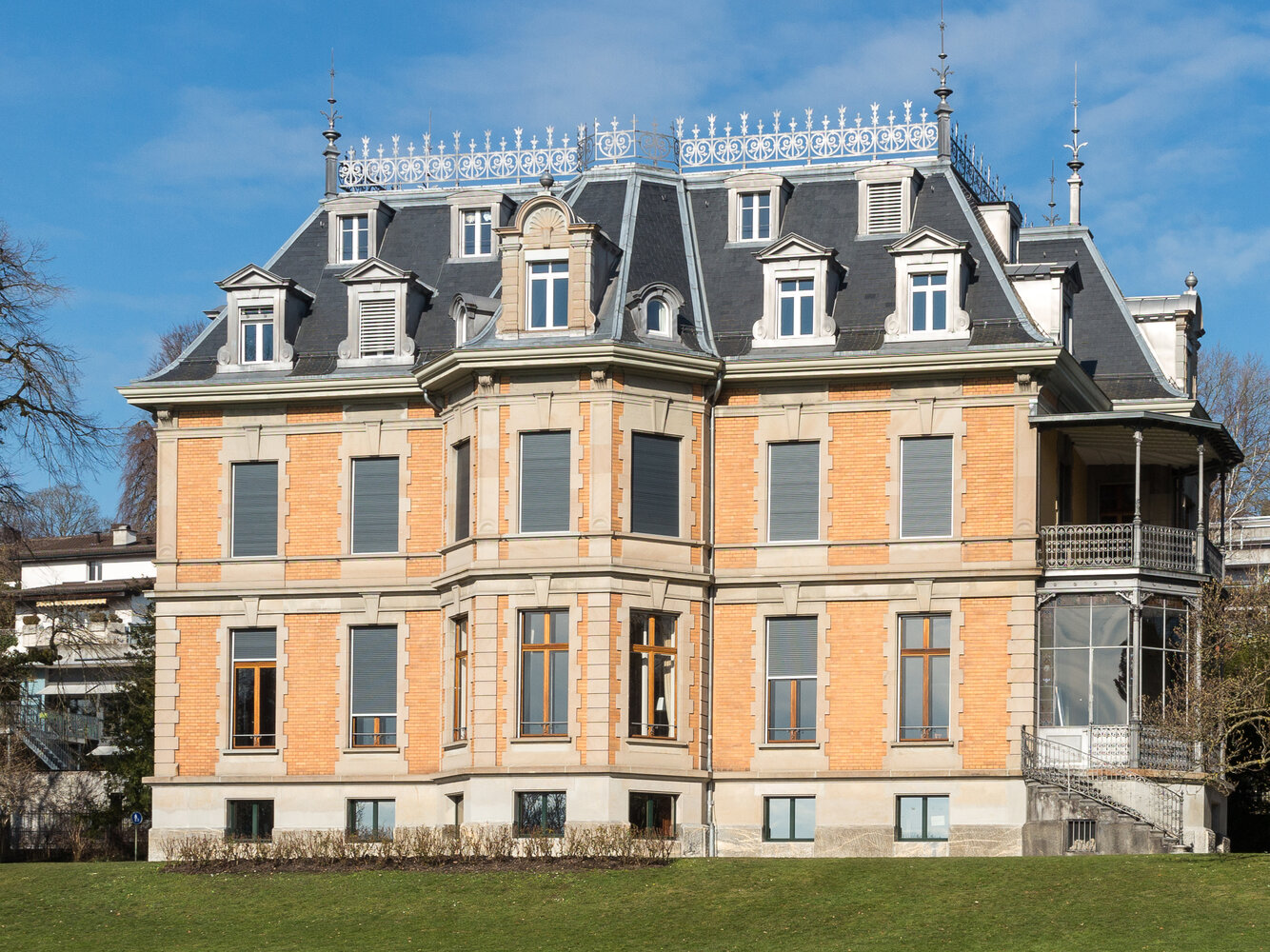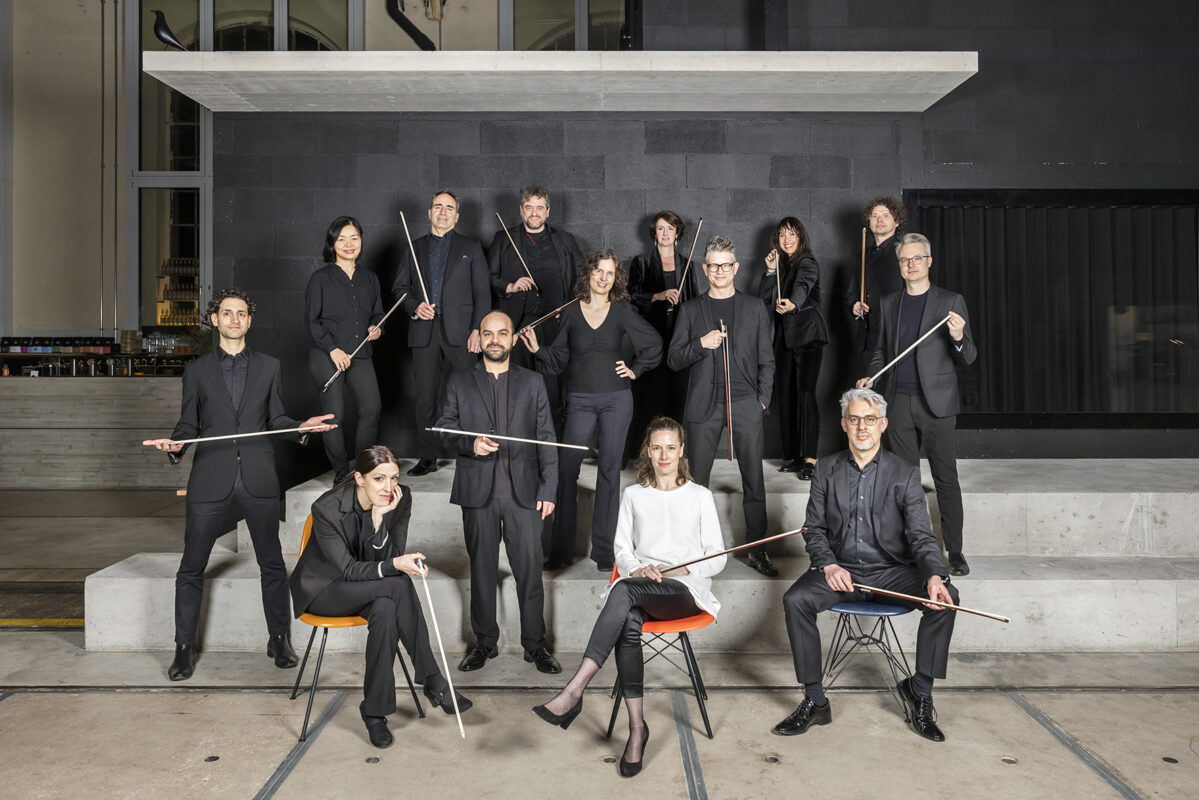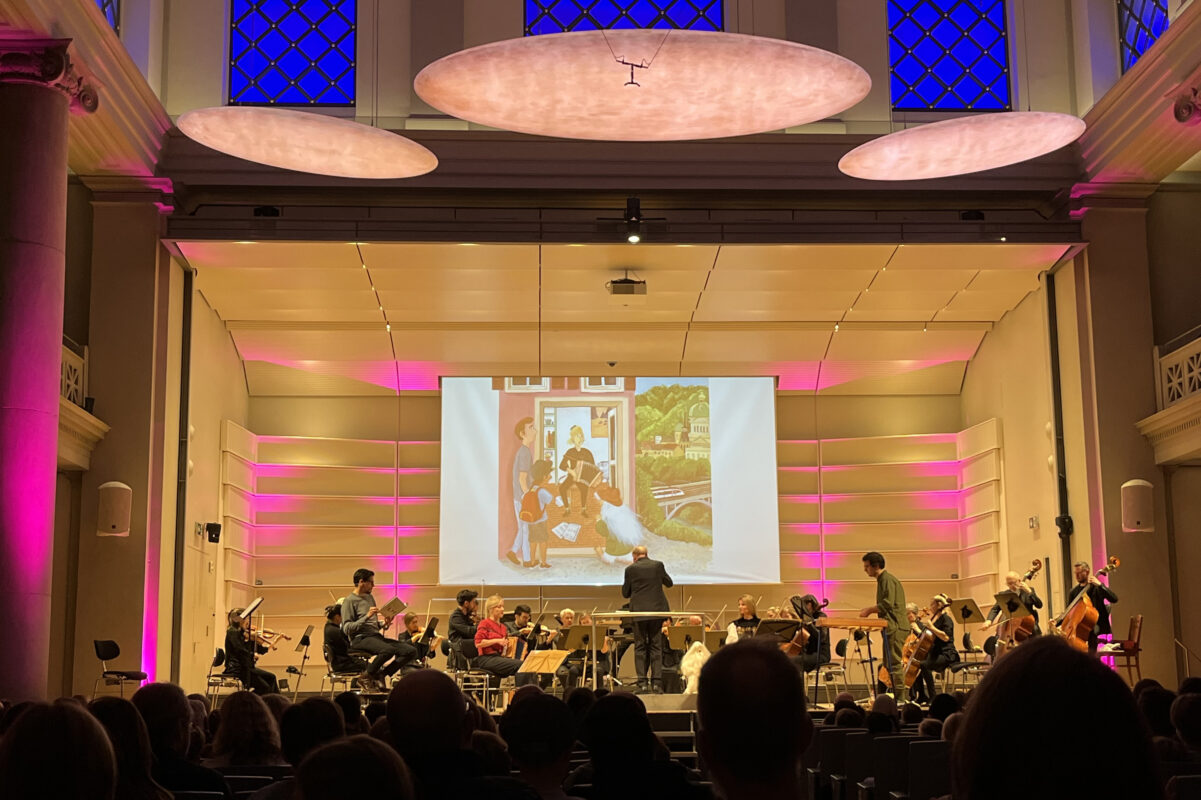Werner Reinhart: Silent driving force
At the "Werner Reinhart Days" from 27 to 29 January 2023 in Winterthur, the patron of the arts was the focus of a symposium for the first time. Concerts and exhibitions accompanied the event.

The extraordinarily extensive correspondence of the Winterthur merchant and patron of the arts Werner Reinhart (1884-1951) has been compiled as part of an eight-year research project by the Institute of Musicology at the University of Zurichh in cooperation with the Musikkollegium Winterthur in a database. This formed the basis for the symposium of the "Werner Reinhart Days"which took place on the initiative of former project members (Franziska Gallusser, Lion Gallusser, Ulrike Thiele).
After an introduction by Laurenz Lütteken (Zurich), Kerstin Richter (Winterthur) gave an insight into the history and tradition of the Reinhart family's patronage on Friday evening. Ulrike Thiele (Zurich) then introduced the audience to Reinhart's activities as a merchant, his work as a patron and his networking with the European music and cultural scene. In the subsequent panel discussion between Ulrike Thiele, Elisa Bortoluzzi (Zug) and Dominik Deuber, Director of the Musikkollegium Winterthur, the discussion ranged from Werner Reinhart as a patron to the scope and perception of patronage today.
Both financial and organizational support
The presentations that followed on Saturday and Sunday approached Werner Reinhart through people he supported or otherwise associated with, always in a historical context, also with regard to the two world wars, which resulted in the exile of composers in Switzerland, for example. His relationships with Richard Strauss and Hans Pfitzner (Michael Meyer, Trossingen) and with Paul and Gertrud Hindemith (Franziska Gallusser, Lucerne/Zurich) were used to examine the various relationships and forms of support. Anton Webern's Rychenberg-Variations as musical memories of Winterthur (Esma Cerkovnik, Zurich) were examined from this perspective.
Using the example of the prehistory and premiere of Alban Berg's Lulu (Daniel Ender, Vienna) and the not only patronage but also commercial support in the creation of Igor Stravinsky's Histoire du Soldat (Christian Kämpf, Dresden) made it clear how thoughtfully Reinhart proceeded. Fruitful financial and organizational support was also evident in the biography of the conductor Hermann Scherchen and his founding of various music institutions in Switzerland (Ullrich Scheideler, Berlin). The aforementioned players, works and concerts were discussed again from a different perspective in the article on the Winterthur concert repertoire and Reinhart's great commitment to the Musikkollegium Winterthur (Alessandra Origani, Zurich).
Promoting what takes music further
Further perspectives were given with a look at the culturally influential London period of the young Werner Reinhart (Thomas Irvine, Southampton) and his significant, albeit indirect, involvement in the founding of the International Society for New Music (Matthew Werley, Salzburg). Lion Gallusser (Zurich) considered the "establishment of a Swiss modernism" in view of the promotion of Swiss composers. Reinhart's "literary cosmos", which seems to have been limited primarily to the early period of his patronage, was also illustrated by his relationship with Rainer Maria Rilke, Hermann Hesse and Stefan Zweig (Arturo Larcati, Salzburg). Throughout the symposium, it became clear that Werner Reinhart was one of those patrons who supported music less according to personal taste and more with a view to its development. He deliberately kept himself in the background. As many speakers emphasized, he categorically rejected the printing or public mention of dedications.
The other events provided a counterpoint to the rich symposium. On Saturday evening, the Musikkollegium Winterthur made Reinhart's world audible with works by Paul Hindemith, Hans Pfitzner, Ernst Krenek and Heinrich Kaminski. The symposium was visually accompanied by a spontaneous guided tour on Sunday afternoon by Kerstin Richter through the Oskar Reinhart collection "Am Römerholz" and by Andres Betschart, Head of Collections at the Winterthur Libraries, with an annotated presentation of the sources for the Histoire du Soldat in the Villa Rychenberg, Reinhart's residence. The subsequent concert performance of the work on Sunday evening in the Stadthaus Winterthur rounded off the "Werner Reinhart Days".








